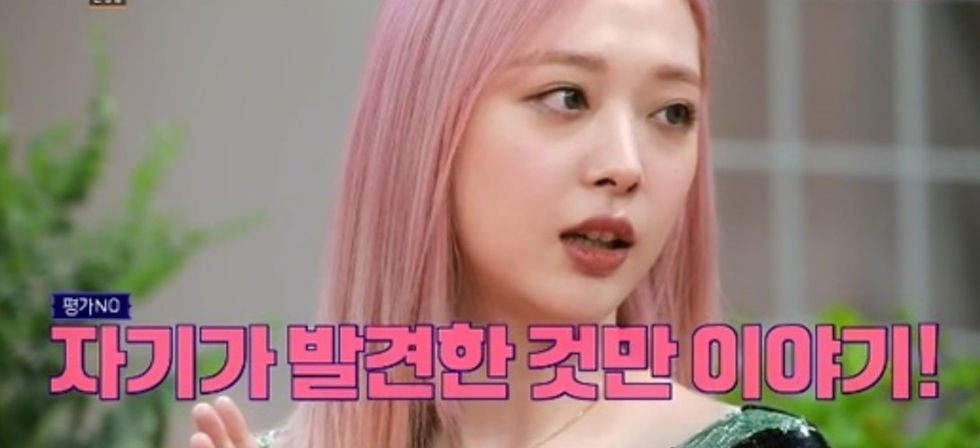The Unsolicited Commentary on My Calves and the Cost of Lookism in Korea
- Jisook Bae
- Aug 12, 2025
- 3 min read

I was waiting for a bus not long ago, wearing black capri pants that covered half my calves. A woman sitting nearby looked at me, then said, "You would look far better if you wore longer pants to cover your calves. You'll look slimmer." I looked back at her, tired of the familiar, unsolicited advice. I simply replied, "I'll mind my own business," and she gave me a look as if to say, "I was only trying to help you." Other people around us watched the bizarre exchange, but when I didn't engage further, they looked away.
This incident, while seemingly minor, is a painful symptom of the rampant lookism in Korea. The country has a notorious reputation for this, and while countless news reports and public campaigns have decried it, even the most "woke" generation struggles to escape its grip. According to a 2024 survey by the newsletter service Uppity, which surveyed 1,283 people between the ages of 25 and 45, a staggering 98% said that appearance can be a type of "spec" and that good-looking people receive benefits in their social lives.
Another study by the National Youth Policy Institute found that 20% of middle school students think they have experienced discrimination because of their looks. The pressure is particularly harsh on women; a 2015 Gallup poll revealed that 86% of respondents considered looks important in life—with 91% of women and 82% of men agreeing.
The Two Sides of the Korean "Looks" Obsession
This obsession with appearance has had a mixed impact. On one hand, it has fueled a booming industry. Korea's plastic surgery market is a global leader, accounting for roughly 25% of the world's market. The country also has the highest number of plastic surgeries per capita, with 8.9 procedures for every 1,000 people, attracting a large number of international medical tourists and boosting the national GDP.
However, the negative impacts are far more severe and personal. The immense pressure to conform to beauty standards leads to a range of serious issues, including eating disorders, body dysmorphia, and other mental illnesses. The snowballing effect of these psychological and physical burdens is enormous.
How to Comment on Appearance Without Causing Harm
Koreans' frequent comments about appearance can sometimes seem well-intentioned, but they often stem from a naive belief that giving compliments is harmless. This was on full display when Korea's President told the Australian Prime Minister he looked "better and younger in person." While some viewed it as a good-natured icebreaker, others saw it as an inappropriate comment from a national leader. This highlights how deeply ingrained this behavior is, and how we often lack a clear line for what is and isn't okay to say.
So, how can we navigate this? What can we do when we feel the urge to comment on someone's looks?

The late K-pop star Sulli, who was herself a target of intense criticism regarding her looks, offered a profound piece of advice. On a TV show, she shared her perspective, saying, "A compliment is still a form of evaluation or assessment. In the long term, it is not healthy."
She offered a simple but brilliant alternative: comment on something specific and neutral you notice about the person today. Her examples were, "You are wearing a white jacket!" or "You have dimples!" This shifts the focus away from a value judgment and towards an observation, which is much less likely to cause harm.
I was reminded of this advice when I visited a water park in the United States in 2023. A little girl approached me and said, "I like your bag." I thanked her, and she added, "It is very cute." At that moment, I realized she was doing exactly what Sulli had advised—she wasn't evaluating my body, but rather commenting on a simple, external detail. It was a great conversation opener, and we stood and talked for five minutes, making a simple, genuine connection.
This post was proofread by Gemini, which also created the image.



Comments